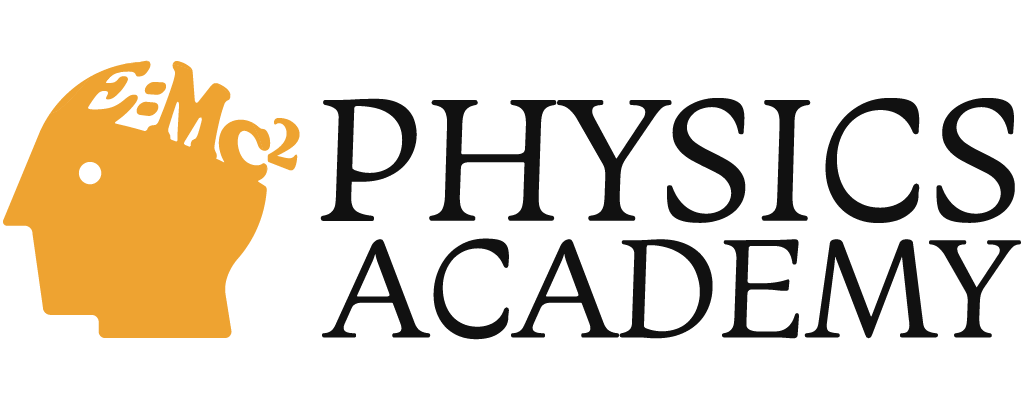Physics is reputed as the fundamental science that underpins our understanding of the universe, but it can also be a daunting subject for many students. With complex equations, intricate theories, and abstract concepts, students often find themselves seeking effective study strategies to excel in this challenging field. If you want to improve your physics results, here are some proven study strategies to help you navigate and succeed in this complex subject.
1. Build a Strong Foundation: Understand the Basics
Physics is built on a foundation of basic concepts. Make sure you have a firm grasp of the basics before delving into advanced topics. Understand the key principles, units of measurement, and equations that form the backbone of the subject. This foundation will serve as a springboard to understanding more complex concepts.
2. Active Learning: Engage with the Material
Passively reading and listening may not be enough to truly understand physics. Take notes as you read, draw concept maps to visualize connections between ideas, and explain concepts to yourself or others. Active participation enhances your understanding and retention of the content.
3. Problem-Solving Practice: Hone Your Skills
Physics is all about problem-solving. You should practice solving a variety of problems, from simple to challenging, on a regular basis. Don’t just focus on getting the right answer, but also understand the logic and steps behind the solution. This will improve your analytical skills and boost your confidence when faced with complex exam questions.
4. Conceptual Understanding: Go Beyond Memorization
Instead of memorizing formulas and concepts, strive for a deeper understanding of how things work. Relate theories to real-world phenomena, conduct thought experiments, and seek practical applications of the concepts you learn. This will not only make learning more engaging, but it will also help you retain the information over time.
5. Study Groups: Collaborative Learning
Join or form study groups with friends who have a passion for Physics. Discussing concepts, solving problems together, and explaining ideas to each other can provide new perspectives and insights. Transferring knowledge to others both strengthens your own understanding and allows you to learn from your peers’ approaches.
6. Time Management: Create a Study Schedule
Effective time management is essential for studying Physics. To elaborate, take a study schedule and allocate dedicated time for each topic to ensure systematic mastery of the syllabus. Break down your study time into focused sections and schedule short breaks to prevent burnout.
7. Utilize Resources: Textbooks, Online Materials, and Videos
Make the most of existing resources. Quality textbooks, Physics Compendium book, Online Consultation, Basic to advanced Practices, Conceptual Videos and Educational Websites can provide alternative explanations and examples that match your learning style. Utilizing a variety of resources to supplement your understanding can improve your overall comprehension.
8. Practice Exams: Simulate Exam Conditions
Additionally, incorporate mock exams into your daily routine as the exams approach. Set aside time to do practice papers under timed conditions. This not only assesses your preparation, but also familiarizes you with the format and style of the questions and reduces anxiety on the actual test day.
9. Reflect and Review: Consolidate Learning
Regularly review notes, summaries, and solved problems. After reviewing, understand why the mistakes occurred and work to correct them. This process of repeated review and reflection will solidify your understanding and help you avoid making the same mistakes on the exam.
10. Stay Positive: Cultivate a Growth Mindset
Lastly, by maintaining a positive attitude and believing in your ability to improve, you will be better able to overcome challenges and reach your full potential.
In short, excelling on physics exams requires a combination of effective study strategies and perseverance. Building a strong foundation, actively engaging with the material, practicing problem solving, and developing a deep understanding of concepts are keys to success. Collaborative learning, time management, and utilizing available resources are equally important. To emphasize, remember, it’s not just about the final exam results, it’s about developing an appreciation for the complexity of the universe through the lens of physics.
Moreover, curious to see how these strategies integrated in a lesson? By signing up for a trial lesson at Physics Academy, you’re taking a crucial step towards providing yourself with the tools you need to excel in Physics exams. Embrace the journey and let these strategies guide you to excel in your physics studies.

